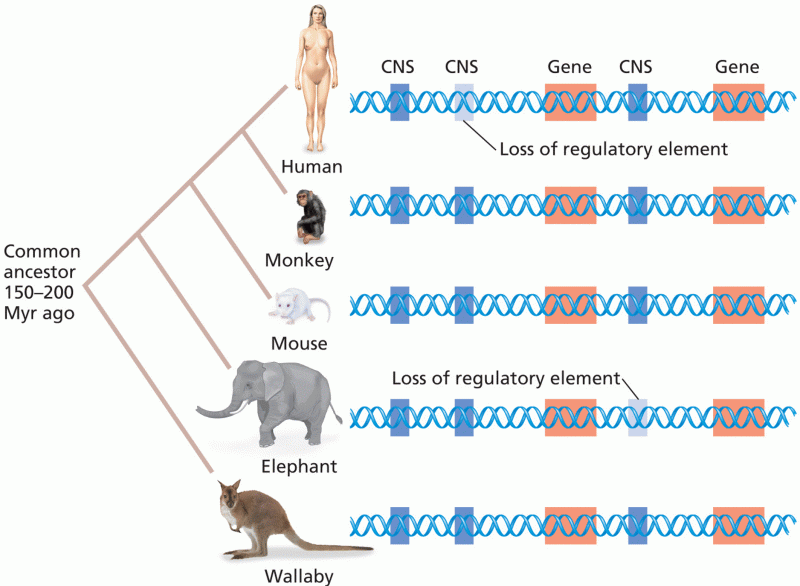|
|
|
The human body's pharmacokinetics are quite varied. Our hair holds onto drugs longer than our urine, blood, or saliva. For example, alcohol can be detected in the hair for up to 90 days after it was consumed. The same is true for marijuana, cocaine, ecstasy, heroin, methamphetamine, and nicotine.
The average human gut is home to perhaps 500 to 1,000 different species of bacteria.
Women are 50% to 75% more likely than men to experience an adverse drug reaction.
In 1886, William Bates reported on the discovery of a substance produced by the adrenal gland that turned out to be epinephrine (adrenaline). In 1904, this drug was first artificially synthesized by Friedrich Stolz.
Cancer has been around as long as humankind, but only in the second half of the twentieth century did the number of cancer cases explode.







